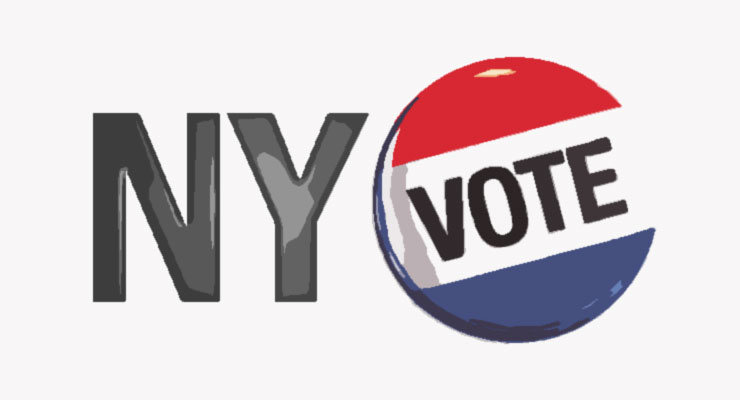 Rebecca C. Lewis had this information in City & State New York:
Rebecca C. Lewis had this information in City & State New York:
As New York City prepares for the June primaries, the city’s first major elections that will use ranked-choice voting, a series of special elections are acting almost as a testing ground for the new voting system. Now, new exit polling from this year’s two City Council special elections in Queens appears to indicate that voters are adapting well to the system, and that educational outreach seems to be working.
Rank the Vote NYC, a coalition that advocated for ranked-choice voting and now educates people, surveyed 635 voters in Council Districts 24 and 31, where special elections were held in February. The results offer one of the first insights into how voters interacted with the new method of voting, and whether educational outreach efforts were actually working. According to the survey, over 95% of respondents found filling out a ranked-choice voting ballot to be either very or somewhat simple. That the vast majority surveyed considered it at least somewhat simple held true across gender, age and education level. The majority of voters who responded to the survey were also at least somewhat familiar with ranked-choice voting before going to vote, again something that held true across demographics. And 61% of respondents chose to rank multiple candidates on their ballots, with 31% opting to rank the max of five candidates. Among those that selected only one candidate, nearly 80% said they did so because there was only one candidate they liked.
Ranked-choice voting allows people to rank up to five candidates in order of preference. If no candidate wins over 50% of the vote outright, the last-place candidate is eliminated and their votes get redistributed to the second choices on those ballots. This process continues until just two candidates are left. Susan Lerner, executive director of Common Cause New York and board chair of Rank the Vote NYC, said the results show that education efforts are working. “The survey results show that voters are aware of the system and that they are utilizing it based on their own preferences, and their own assessment of the candidates,” Lerner said. “At least in these special elections, the system is working the way we expect it to work.”
Continue reading here.
Leave a Reply